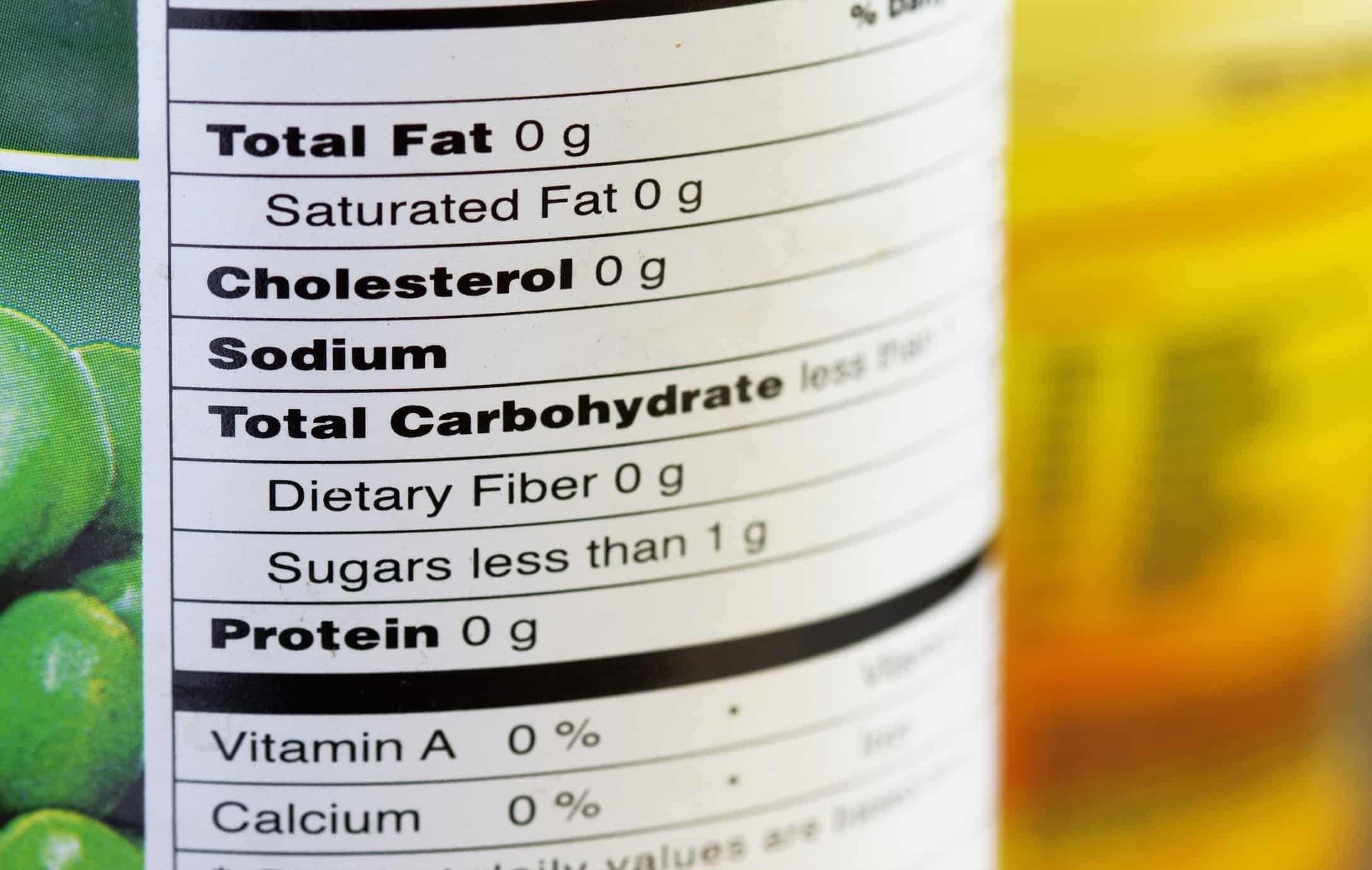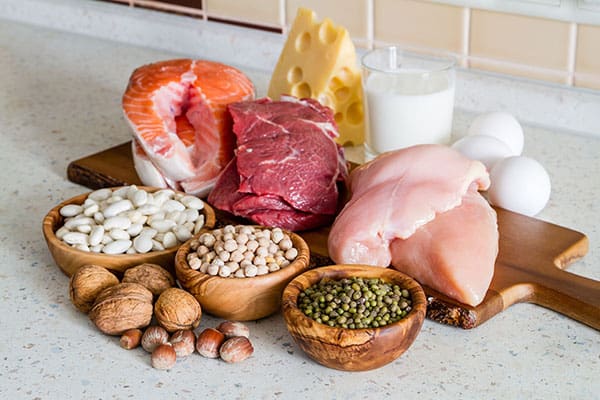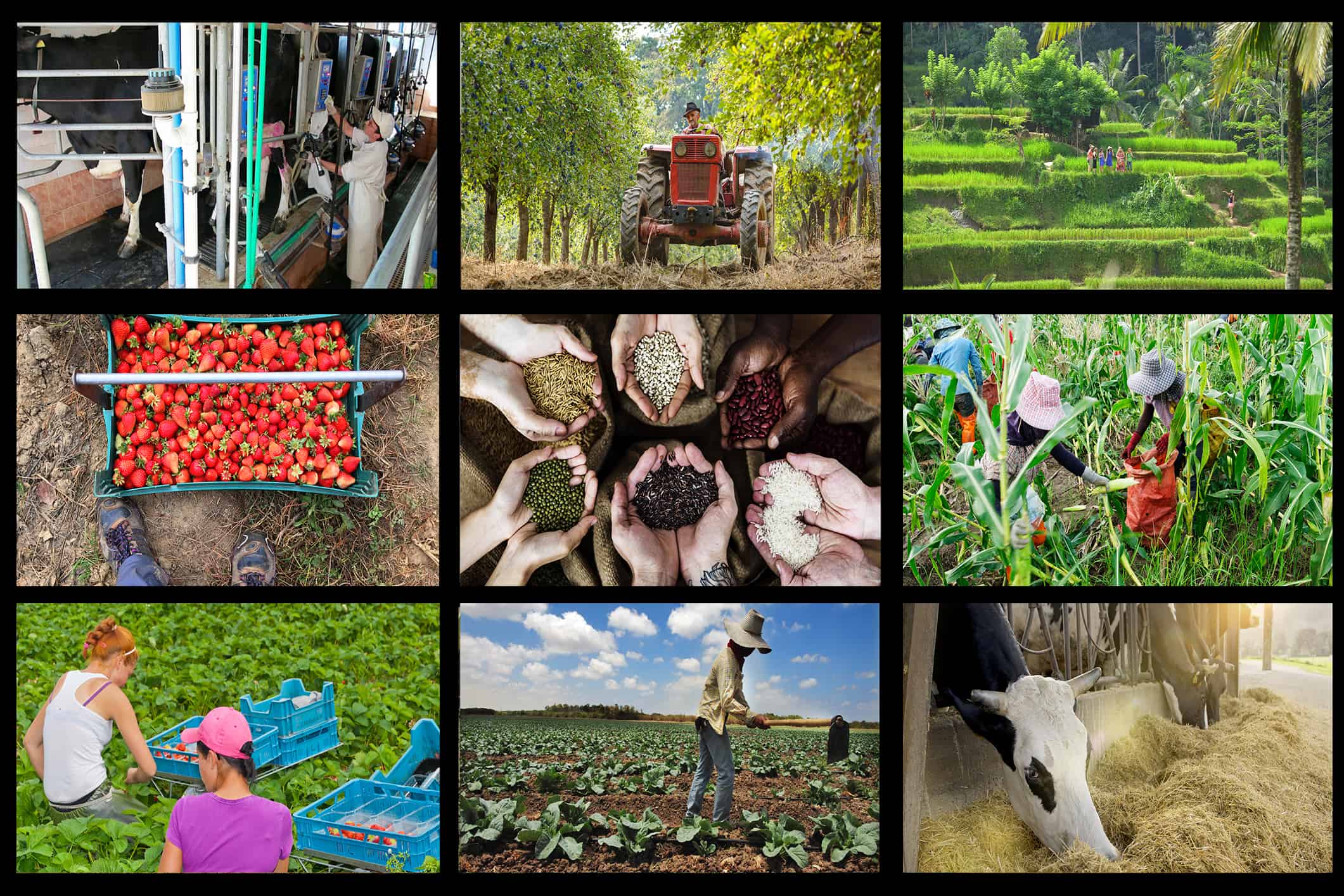Reassessing Caffeine Intake and Consumption Patterns
Tea & Coffee Trade Journal December 16, 2021
By combining brand-specific caffeine concentrations with detailed beverage consumption patterns obtained from consumer panels, this study will enable in-depth analyses of beverage caffeine intake in the US.
New Research Supports Informative Food Labels for Improved Nut Allergy Care
Food Safety Magazine, September 21, 2021
IAFNS supported this peer-reviewed study as it is among the first of its kind to carefully estimate doses of tolerable amounts of peanut protein based on clinical tests in U.S. patients.
What It Means for a Non-Profit to Use Reserve Funds to Invest In ESG-Driven Companies
Environment and Energy Leader, July 7, 2021
A purposeful decision by the IAFNS Board was taken and now IAFNS investments are geared toward companies that operate with high environmental, social and governance (ESG) standards.
Healthcare Viewpoint: Disease-Related Malnutrition is a Hidden Human-Rights Issue in Hospitals
food-management.com, April 15, 2022
Disease-Related Malnutrition has galvanized new action to address DRM for better patient outcomes and health system performance.
Public Health Organization Calls for Allergen Thresholds to Guide Product Labeling
SnackSafely.com, April 1, 2022
Published paper entitled “Trends in Food Allergy Research, Regulations and Patient Care” provides an overview of food allergies, their impact on affected individuals and caregivers, regulatory activities, and current research efforts to improve allergen management and patient care.
Safe Food Today for Healthy Diets Tomorrow
Agrilinks, June 17, 2021
IAFNS and partners hosted a June 15 ‘Listening Session’ on food safety capacity-building -- an event recognized by both Feed the Future and US AID -- to discuss forming a new Public-Private Partnership.
What Do Americans Really Eat? Help Us Find Out
The Food Industry Association, March 14, 2022
The Partnership on the USDA Global Branded Food Products Database is seeking to increase coverage of private label products in the database to support research and public health initiatives.
The USDA Global Branded Food Products Database is Now Accepting Data on Live Microbes – Call for Data Submission
ISAPP Science Blog, October 7, 2021
The USDA Global Branded Food Products Database is accepting information on live microbes in foods and beverages. ISAPP & IAFNS collaborate on a project focused on live dietary microbes.
A Public-Private Partnership to Promote Food Safety
Food Processing May 25, 2021
Collaboration and sharing of data can improve food safety for all. Industry and policy makers know food safety requires growers, processors and distributors to deliver safe food. That means food safety training and capacity building have to be effective.
Low Omega-3 Index As Powerful a Predictor of Early Death As Smoking
NutraIngredients June 28, 2021
Low levels of EPA and DHA omega-3s in red blood cell membranes may have a similar predictive power of early death to that of the well-established standard risk factors, such as smoking.
All About Food Allergies: A Primer for Nurse Practitioners
Nurse Practitioners Newsletter, January, 2022
Food allergies affect a significant number of children and adults globally and there is evidence suggesting that the prevalence of food allergies (e.g., peanut allergy) is growing.
How many peanuts can cause an allergic reaction? Maybe it’s as much as a grain of salt
EBioTrade March 30, 2021 (Chinese-language article)
Approximately 6 million people in the U.S. suffer from peanut allergies. Even a small amount of peanut protein can cause hives, itching, mouth irritation, shortness of breath or nausea. For people with peanut allergies, this food-induced allergic reaction can require treatment.
Rare Sugars Await Possible Labeling Exemption
Food Business News, September 28, 2021
IAFNS funded work to develop a narrative overview summarizing the metabolic and physiological properties of uniquely metabolized sugars as compared to the primary monosaccharides and disaccharides in the diet to address this research gap.
New IAFNS Paper Finds No Clear Evidence Low-Calorie Sweeteners Harm Gut Microbiome
Microbiome Digest, June 11, 2021
New research by Riley Hughes, Cindy Davis, Ph.D, Ed.D., Alexandra Lobach and Hannah Holscher, PhD, RD, et al., suggests there is no clear evidence that low-calorie sweeteners harm the gut microbiome, but more studies are warranted.
Building Safe Food Systems Starts with Partnerships
Agrilinks, Aug. 11, 2021
The time is now to develop a public-private partnership to share outcome data on international food safety training, implementation and impact.
















